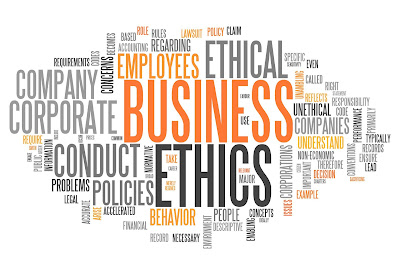Ethical Aspects of HRM
1.Whistle blowing: It is the act of revealing any unethical activity by an individual associated to the organization. Whistle blowing is appropriate when the firm through its product or policy is likely going to do serious and considerable harm to employees or public. If the problem is not addressed by the means of internal sources then the person can resort to whistle blowing. But the employee should have documented evidence of the unethical practice. 2.Employee Reward: There should be transparency in payment, promotion, benefits and equal opportunities to all. 3. Discrimination and Nepotism: Any kind of discrimination based on age, sex, culture, religion, race, disability, nationality,etc. are to be avoided in each and every HR practices of the organization. Nepotism is the unfair practice by which a powerful person gives job, privileges and other favors to his or her relatives. It can bring the company down therefore, a system of meritocracy and fairness should be practiced in...

